Novel Analysis "The Idiot" written by Fyodor Dostoyevsky
78

"The Idiot" by Fyodor Dostoyevsky is a novel that explores themes of innocence, goodness, and the complexities of human relationships. Here's an analysis of key elements in the novel:
1) The Innocent Protagonist:
- Prince Lev Nikolayevich Myshkin, the central character, is often described as "the idiot" due to his childlike innocence and lack of guile. Myshkin's character serves as a contrast to the moral and spiritual corruption present in the society depicted in the novel.

2) Critique of Society:
- Dostoyevsky provides a critical commentary on the moral decay and materialism of 19th-century Russian society. The characters surrounding Myshkin are often driven by selfish motives and societal expectations, leading to tragic consequences.
3) Exploration of Goodness:
- Myshkin's goodness and purity are central to the novel's exploration of human nature. His inability to comprehend the darker aspects of human behavior sets him apart, making him both a sympathetic and tragic figure.
4) Love Triangles:
- The novel involves complex love triangles, particularly the relationships between Myshkin, Aglaya Yepanchin, and Nastassya Filippovna. The romantic entanglements serve as a vehicle for exploring themes of love, jealousy, and societal expectations.
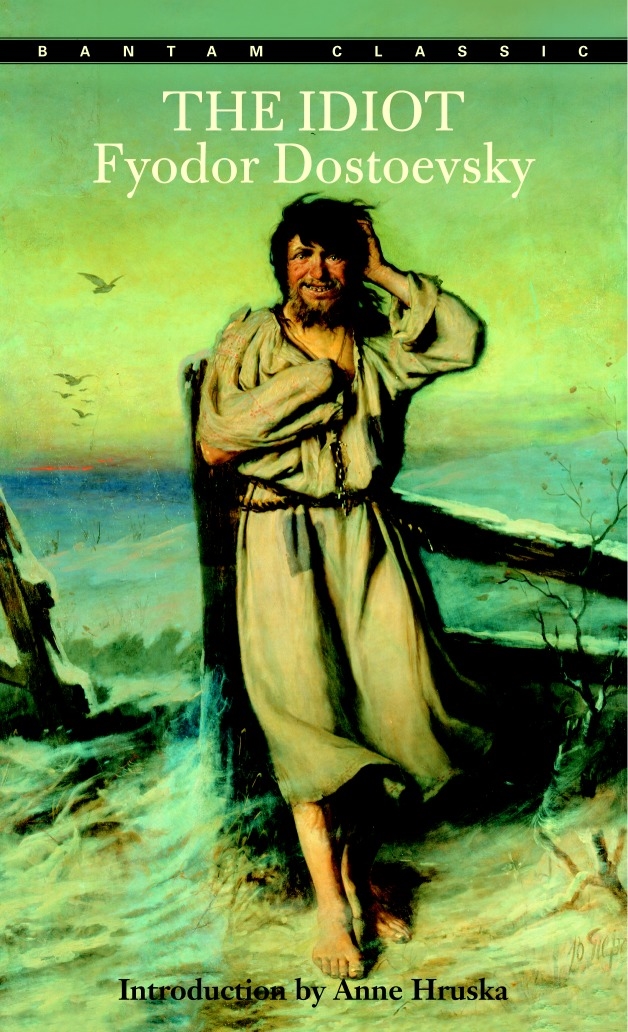
5) Epilepsy as a Symbol:
- Myshkin's epileptic seizures are a recurring motif in the novel. They symbolize moments of profound insight and spiritual transcendence but also serve as a metaphor for his vulnerability and inability to navigate the harsh realities of the world.
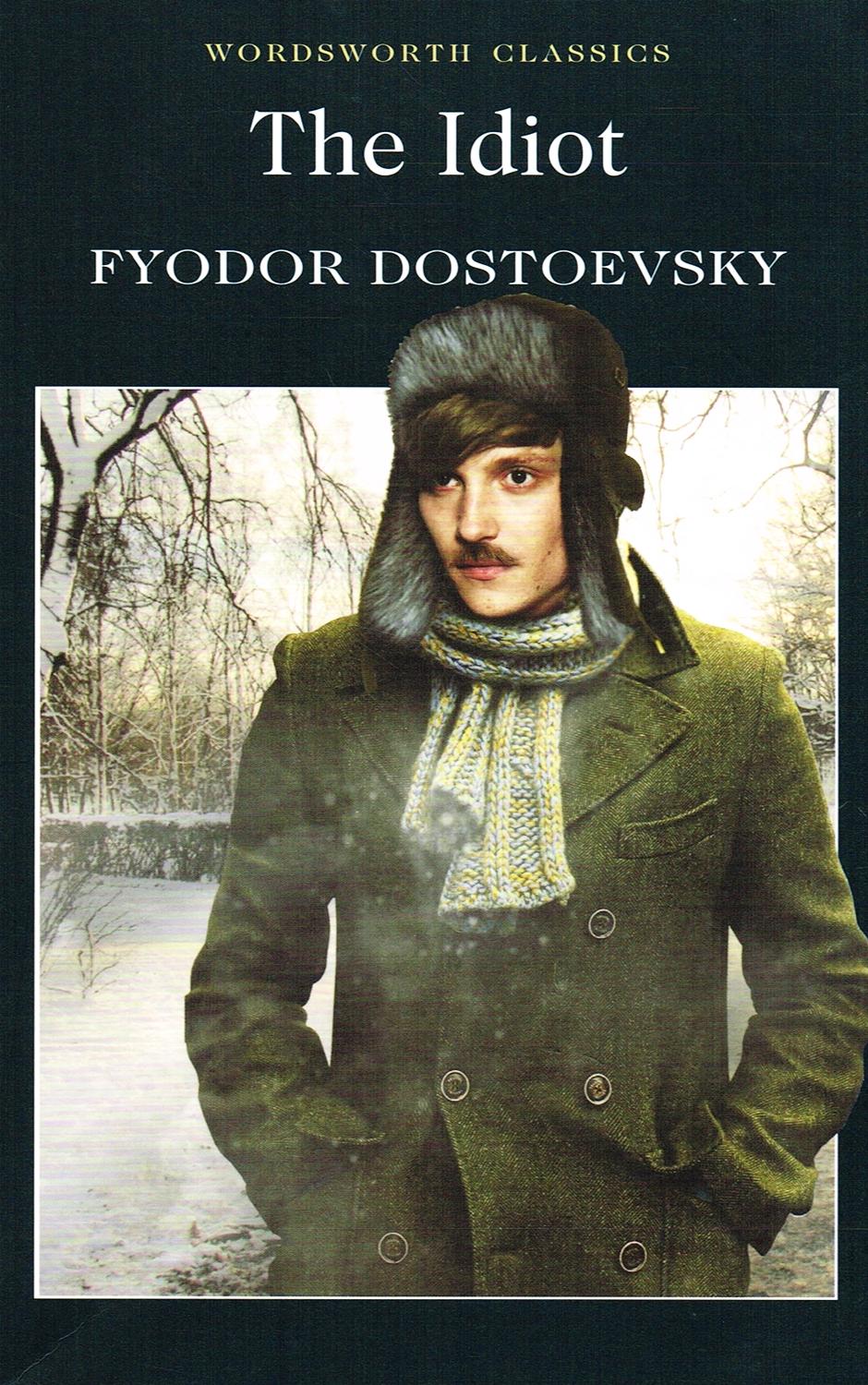
6) Duality of Characters:
- Dostoyevsky creates characters with dualities, emphasizing the contrast between their public personas and inner struggles. The dichotomy between appearance and reality is a recurring theme, challenging the reader to consider the complexities of human nature.
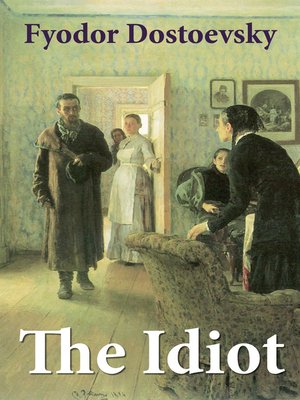
7) The Theme of Death:
- Death is a pervasive theme in the novel, both in the literal sense and as a metaphor for the decay of moral values. The characters grapple with the consequences of their actions, and death looms as an ever-present reality.
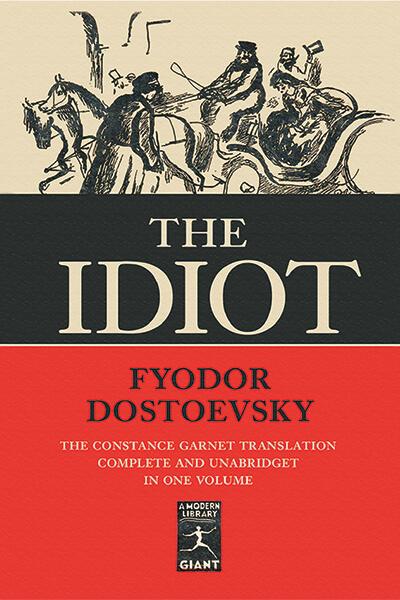
8) The Struggle for Identity:
- Myshkin's struggle to find his place in a society dominated by deceit and self-interest reflects a broader theme of the search for identity. The characters in the novel grapple with questions of self-worth, purpose, and societal expectations.
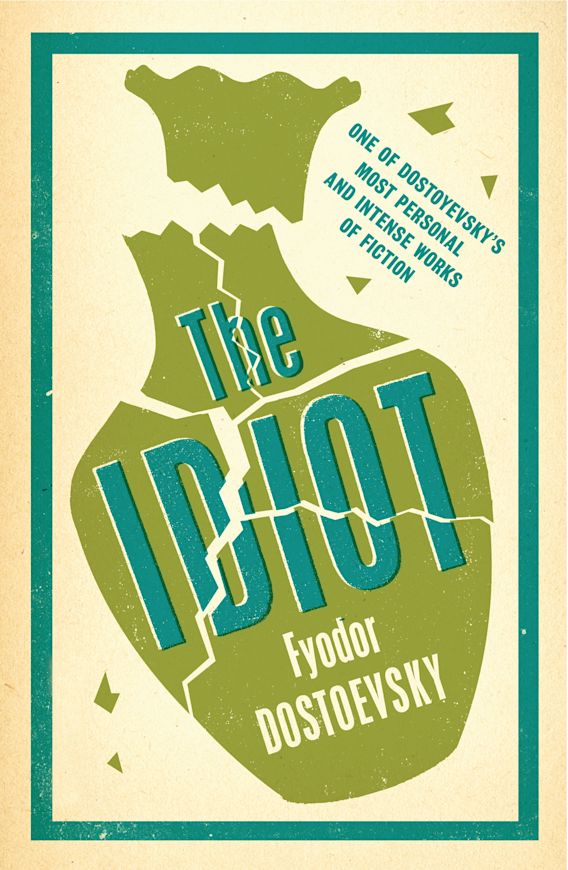
9) Tragic Elements:
- "The Idiot" is marked by tragic elements, and the characters often face the consequences of their own actions. The novel explores the tragic nature of human existence and the difficulty of maintaining goodness in a morally compromised world.

10) Influence on Existentialism:
- Dostoyevsky's exploration of the human psyche, existential themes, and the clash between idealism and harsh reality in "The Idiot" had a significant influence on later existentialist thinkers.
In summary, "The Idiot" is a complex and thought-provoking novel that delves into the nature of goodness, the challenges of navigating societal expectations, and the tragic consequences of human folly. Dostoyevsky's exploration of these themes contributes to the enduring impact of the novel in the realm of literature.
I recommend you to listen ''The Idiot'' audiobook for those who don't have time to read;
The Idiot by Fyodor Dostoyevsky Audiobook;
References;
- Dostoevsky's letter quoted in Peace, Richard (1971). Dostoyevsky: An Examination of the Major Novels. Cambridge University Press. pp. 59–63. ISBN 0-521-07911-X.
Thank you for reading!
You can complete great comment tasks at here. #theidiot #fyodordostoyevski #novel #bookreview #audiobook #reading #writer #dostoevsky









































